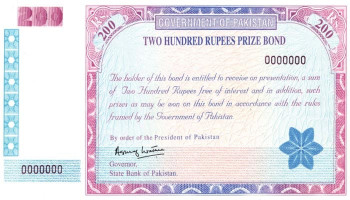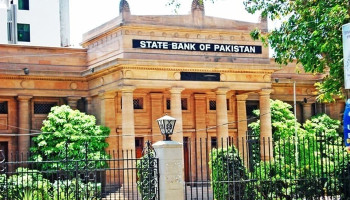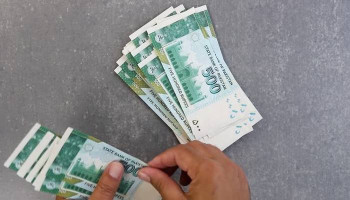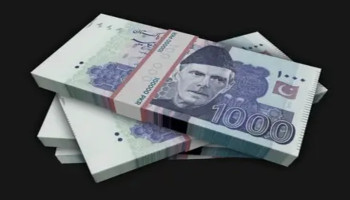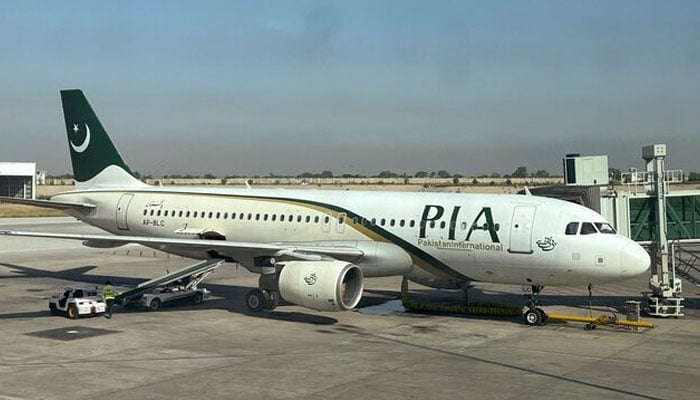
The government has suffered a loss of Rs1.95 billion in financial advisory fees during the privatisation process of Pakistan International Airlines Company Limited (PIACL), which resulted in a single bid of Rs10 billion against a reserved price of Rs85 billion for a 60% stake.
The Privatisation Commission had hired a consortium led by Earnest & Young as the financial adviser (FA) for restructuring the national carrier and handling its valuation, legal, technical, and financial due diligence. However, the process culminated in a lacklustre response, with only one bid submitted by the Blue World City Consortium.
Privatisation Minister Aleem Khan, addressing the Senate Standing Committee on Privatisation chaired by Muhammad Tallal Badar, acknowledged the shortcomings in the process. He assured the committee that lessons had been learnt and that future advisers for state-owned entity privatisations would be more experienced.
He further criticised the Federal Board of Revenue (FBR) for its refusal to remove general sales tax (GST) on new aircraft purchases, a key demand of pre-qualified bidders.
It should be noted that the FA was approved by the Privatisation Commission Board on November 10, 2023, and a negotiating committee finalised the agreement for its services. So far, 45% of the advisory fee has been paid in instalments.
The parliamentary panel was informed that key pre-qualified bidders had raised concerns regarding several issues, including locking the percentage of shares for divestment, retention of employees, settlement of legacy tax liabilities, funding of negative equity worth Rs45 billion, and exemptions from advance GST.
Despite accommodating most of these requests, an agreement could not be reached on the exemption of advance GST and the handling of negative equity, ultimately discouraging competitive bids.
Privatisation Secretary Usman Akhtar Bajwa revealed that an inter-ministerial committee chaired by the Deputy Prime Minister and Minister for Foreign Affairs had deliberated on these matters. However, despite the extensive negotiations, only one bid was received.
The privatisation minister assured the committee that the government is committed to privatising PIA and is preparing to restart the process. He cited Air India's successful privatisation after five failed attempts as a precedent. The minister emphasised that PIA has the potential to become profitable under private management.
In related developments, media reports indicate that the government is exploring a new plan to sell PIA through a government-to-government agreement, with Qatar and Abu Dhabi identified as potential buyers. This streamlined approach aims to address the challenges encountered during the previous process and expedite the sale of the cash-strapped airline.





